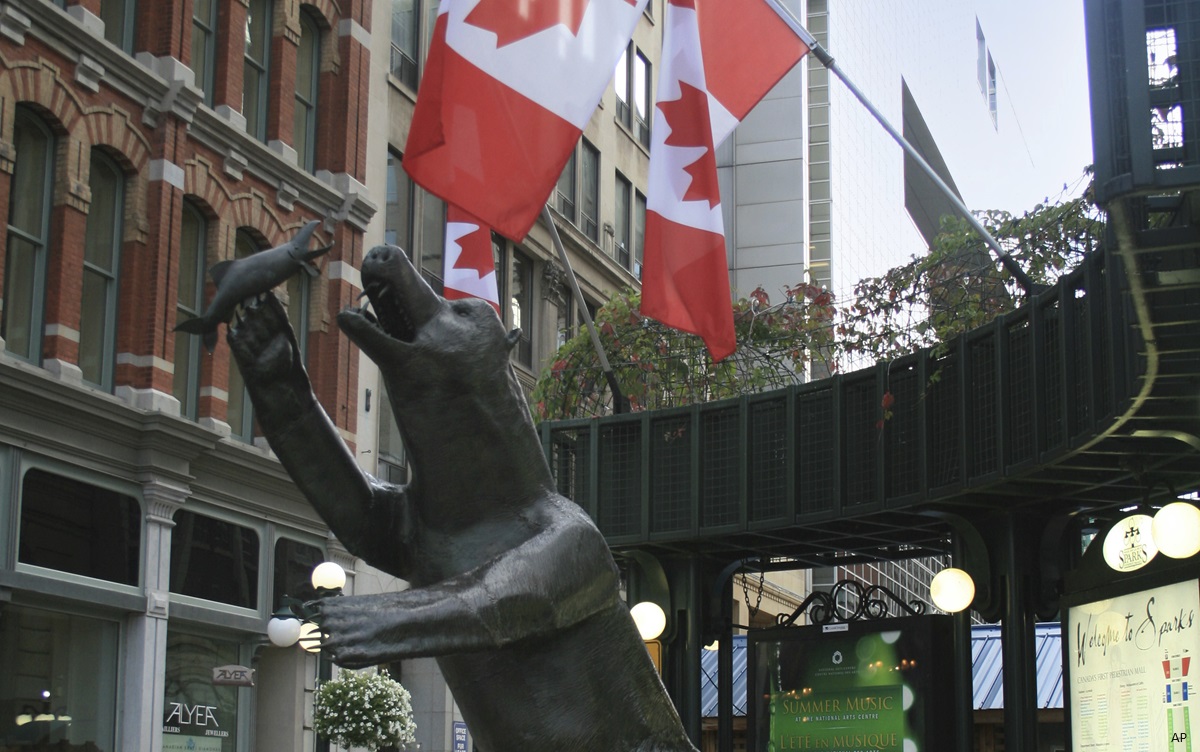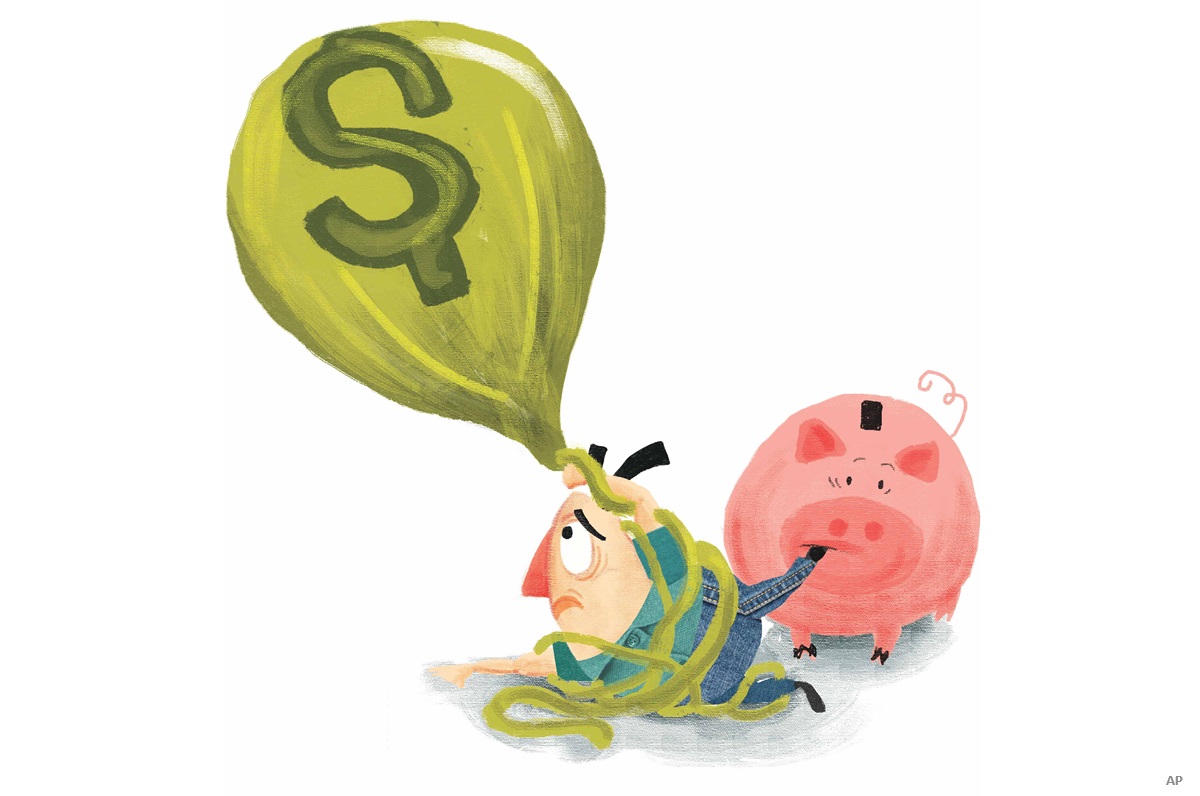Downside market volatility was particularly brutal for small cap stocks in late 2018, but staying committing to a concentrated portfolio of meticulously chosen holdings has led to robust performance for Greg Dean, principal and portfolio manager at Cambridge Global Asset Management, a division of CI Investments Inc. of Toronto.
Dean is lead manager of CI Cambridge Growth Companies and CI Cambridge Growth Companies Corporate Class, with combined assets of more than $520 million in the mandate. He also manages the medalist CI Cambridge Canadian Growth Companies and CI Cambridge Pure Canadian Equity.
While last December was the worst month of the year for the CI Cambridge Growth Companies’ performance, the following January more than recaptured the losses, he says. “Things are never as bad as they feel at the worst of times or as good at the best of times,” Dean says.
Patience paid off
When prices dropped, Dean had done the footwork, analyzing the financials and interviewing company managers in depth, and armed with a list of stocks he wanted to buy and prices he wanted to pay, he moved quickly to deploy cash. He added to existing favorite holdings and also acquired a few new companies he had been eyeing, where he had been waiting for prices to fall into his buying range.
His moves have paid off as the fund has shown robust gains for the year-to-date, and returns have surpassed both its peers and its benchmark index during short and long periods.
Dean’s focus is on growth-oriented businesses, with healthy profit margins, growing cash flow, conservative debt and management teams that act like owners and add value.
“We approach small to mid-cap companies in the same way as other managers might approach large caps,” Dean says. “While many people are looking for exciting upside and tend to exhibit risk-seeking behavior when it comes to small cap investing, we don’t think that way. We apply a disciplined approach and are able to add value by doing a lot of our own work on the research side.”
Currently, CI Cambridge Growth Companies is invested in 33 companies. The potential investment universe includes companies with a market capitalization of $1 billion to $10 billion in Canada, and US$1 billion to US$10 billion in the U.S. and other developed markets across the globe.
Dean calls it a “broad universe,” presenting many opportunities to add value through original research as these companies do not attract the same analyst coverage as bigger, more established firms. “We eliminate any businesses that don’t earn returns above their cost of capital, which takes out 85% of them,” Deans says. “That narrows it down to 1,000 to 1,200 possibilities. Realistically, it’s hard to stay on top of more than 100 stocks.”
British opportunities beyond Brexit
The U.K. is the fund’s most overweight geographic sector, accounting for about 28% of portfolio assets and nine of the 33 holdings. Although the U.K. currency and market sentiment have been hurt by the uncertainty surrounding Brexit, the actual businesses of the companies in the fund are strong, Dean says. “We don’t own U.K.-based companies in office space or financials, which are directly exposed to Brexit,” he says.
Among the key holdings that were augmented during the December correction was B & M Retail Ltd (LON:BME), a variety store chain that Dean calls the “Dollarama” of the U.K. The firm directly sources much of its merchandise from low-cost suppliers and offers competitive pricing to customers, Dean says. Same store sales are increasing, cash flow growth is strong and the firm is expanding into France and Germany.
Another holding recently added to is U.S.-based Lending Tree Inc (TREE), a financial products broker that provides an online marketplace linking consumers to personal loans, mortgages and insurance. The company is seeing strong growth in revenue and cash flow as more people become accustomed to purchasing financial services online, Dean says.
Corporate management with an ownership mentality is one of the key criteria Dean looks for in selecting companies. “With smaller companies, people have the opportunity to make an impact,” he says. “We are mindful of doing our due diligence on management, and examining their record, skill set and experience. Companies don’t have to be run by their founders, but we look for managers that think like owners. A lot of our ideas come from following smart people as they navigate their careers.”
He steers away from companies that are exposed to factors beyond their control, such as interest rates, government policy decisions and commodity prices. Instead, he focuses on companies with strong free cash flow that can make the choice to expand their operations, make an acquisition, buy back their own shares and/or pay a dividend. He is cautious about debt.
“It’s hard to grow when you are highly levered, unless there is a specific plan for profitable allocation of the proceeds as well as a plan to reduce leverage over a four or five year period.”
Underweight U.S., overweight Canada
While the CI Cambridge Growth Companies portfolio has a 23% geographic weighting in the U.S., its U.S. exposure is underweight relative to the MSCI World Small Cap Total Return Index. Its 10% exposure to Canada represents an overweight position.
A recent Canadian-based addition to the fund is Dollarama Inc (DOL). Dean says the discount retailer should do well if the economy grows, but will also do well if consumer spending weakens and consumers “trade down.” While sales growth has slowed from the early years, the firm’s fortunes could be stimulated by its recent move into e-commerce as well as its partnership with Latin American discount chain Dollar City. Dollarama has the option to buy a majority stake in 2020.
Earlier this year, Dean took advantage of the high stock price to sell fast food chain BK Brasil Operacao E Assessoria A Restaurantes SA. The firm is the largest Burger King franchisee in Brazil and also operates Popeyes franchises. BK Brasil was the top holding in the fund portfolio, but Dean sold as “the valuation became too rich.”




















